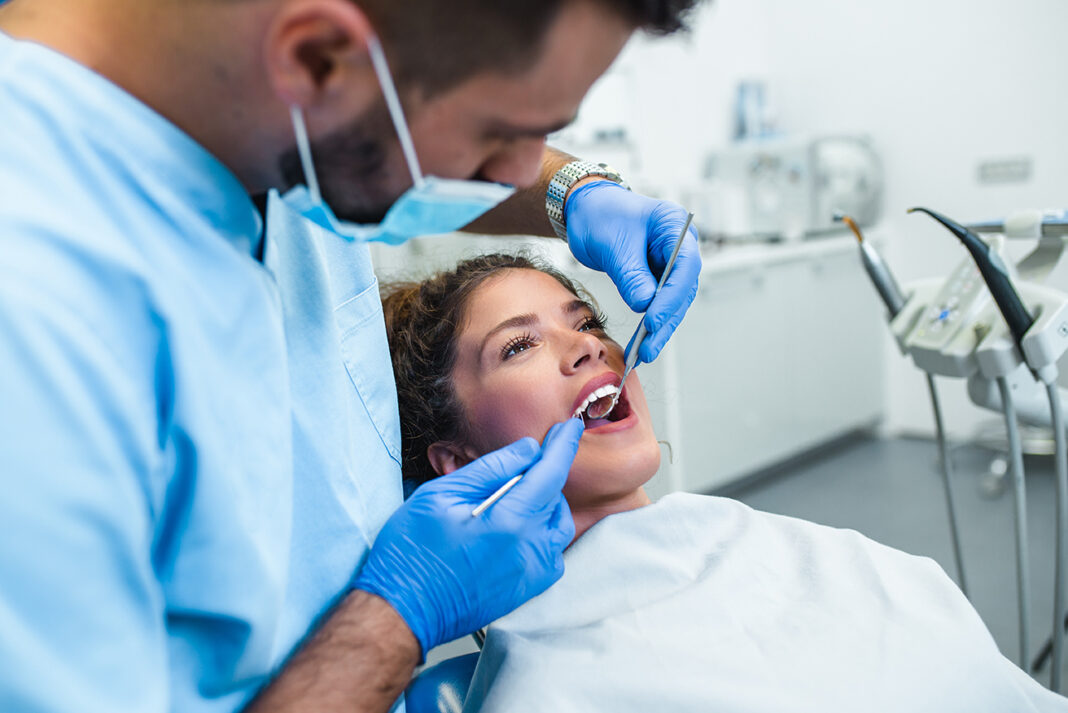Dental problems are an ever-present problem among UK citizens. It is thought that over half of UK adults did not see a dentist in the past 12 months. There are many reasons for this, but it has led to an increase in dental health problems.
Seeing a dentist is the best way to prevent dental health problems. If you don’t have a dentist or are thinking of switching practices, read on for some tips on how to choose a dentist and understand your treatment plans.
Choosing the right dentist
Going to the dentist is a fear for a lot of people so you need to make sure you are with the right surgery.
Take your time to research dentists in your local area. Look at online reviews on the practice website as well as any independent sites such as Trustpilot. You could ask for recommendations on local Facebook groups as well, to get some personal perspectives.
Most dental surgeries have information on their website about costs and payments. Take some time to consider your options if you were to sign on as a patient. Make sure you will be able to afford your treatments and appointments so that you aren’t left in financial trouble.
Understanding your treatment plan
Once you have had an initial appointment with your new dentist, they will likely go over your treatment plan. Remember, it is OK to ask questions when you don’t understand the details. After all, this is your body, and the treatments will happen.
Make sure your care provider goes over any risks, benefits and alternatives. Having all the information means you can make an informed decision on what is best for your situation.
If at any stage you feel like you aren’t getting full transparency, it is fine to decline treatment and find another provider. Informed consent is a cornerstone of dentistry and failure to obtain it can lead to dental negligence and compensation claims.
Regular oral hygiene practices and check-ups
Scheduling regular check-ups is the best way to prevent any complex dental issues from arising as they can be spotted and treated early enough. Complex issues such as root canals, rotting teeth and abscesses can be identified before they lead to tooth or bone loss.
From young children, we are taught to brush our teeth twice a day, and that is still an important habit to have in adulthood. Using fluoride toothpaste combined with flossing and mouthwash helps to remove bits of food and plaque that are lodged in your mouth. If left, this debris can lead to cavities, pain ,and dental bills.
Diet is also an important factor in tooth health. Try to keep sugary foods to a minimum. Bacteria in your mouth react with the sugar in food, creating plaque.






